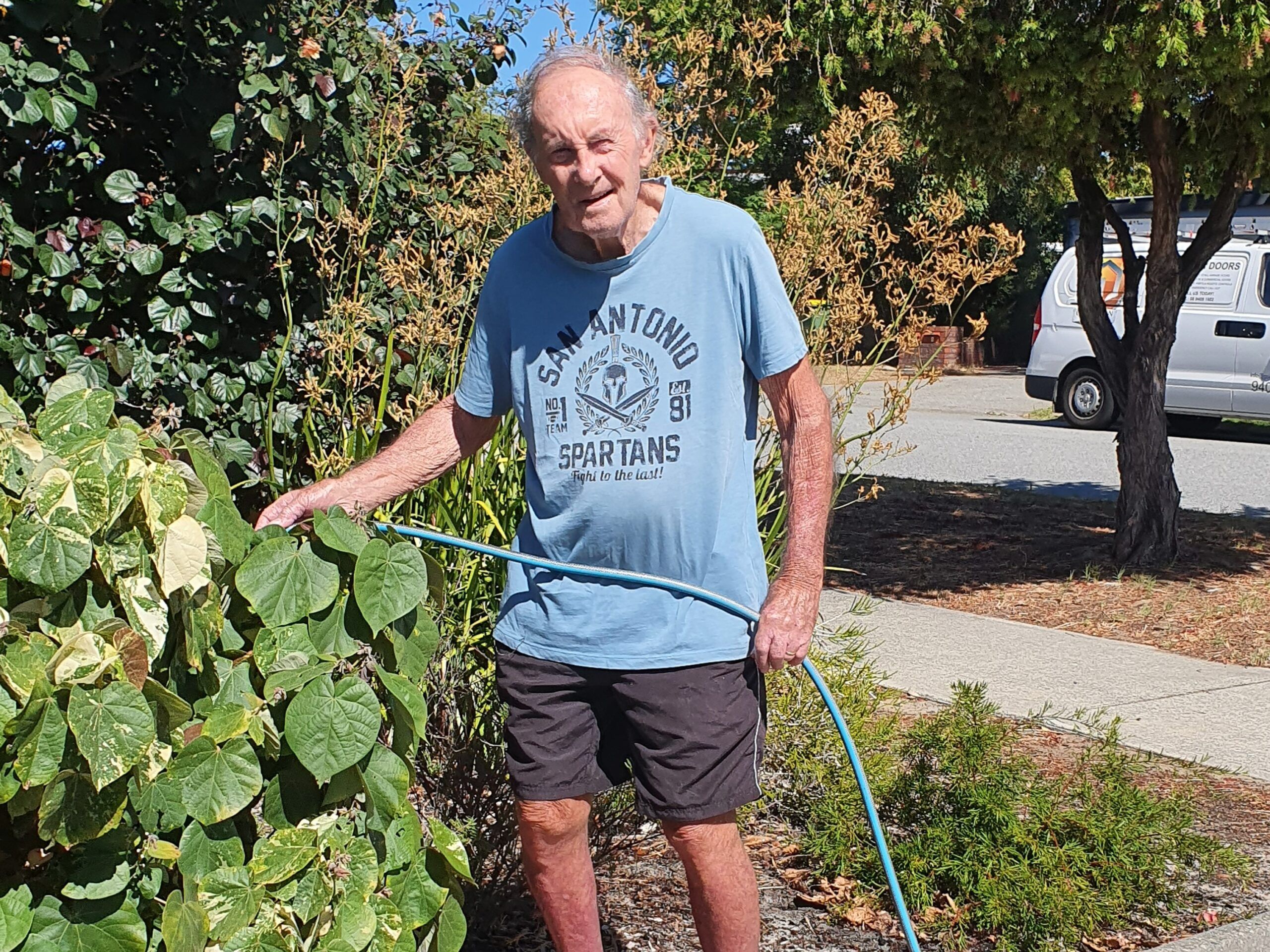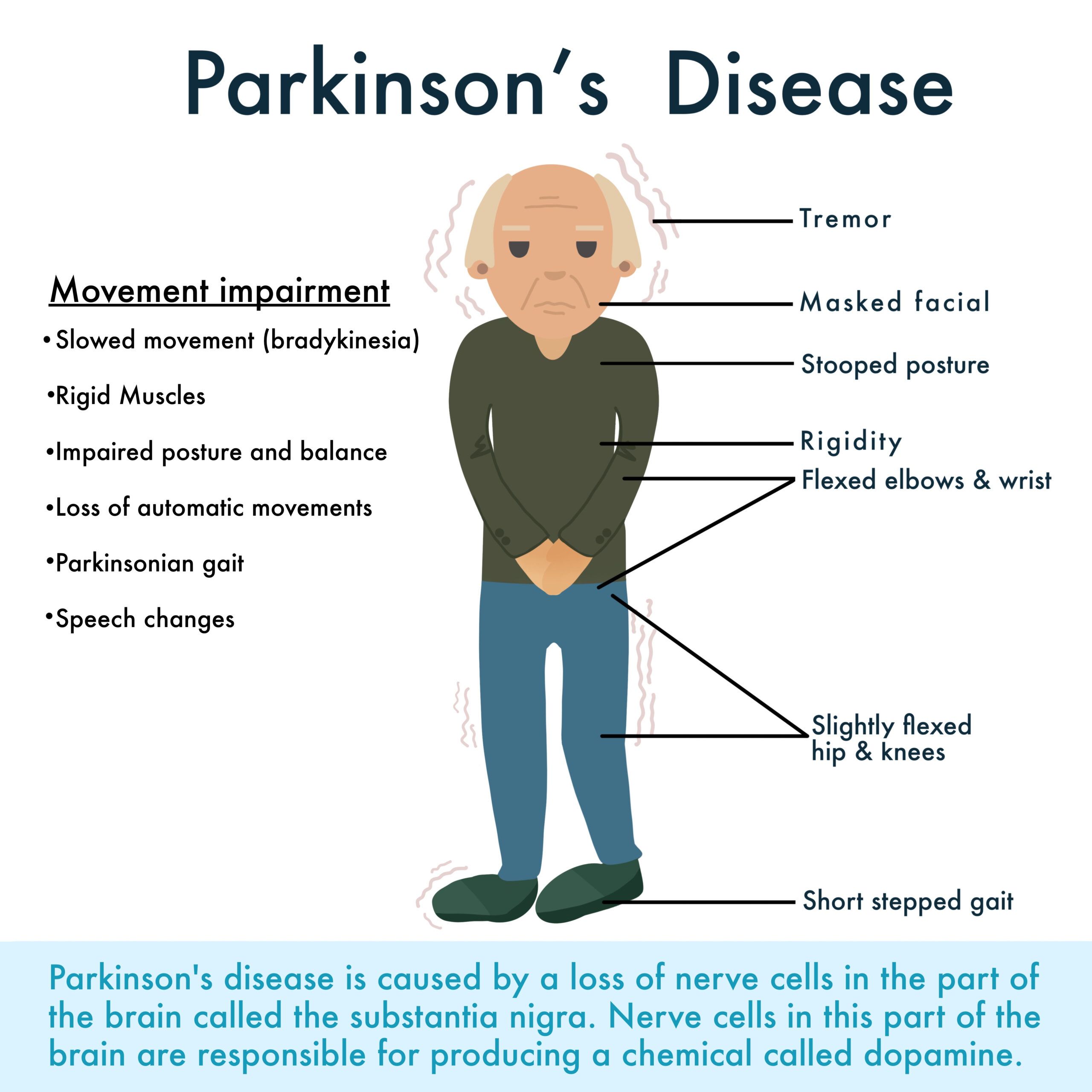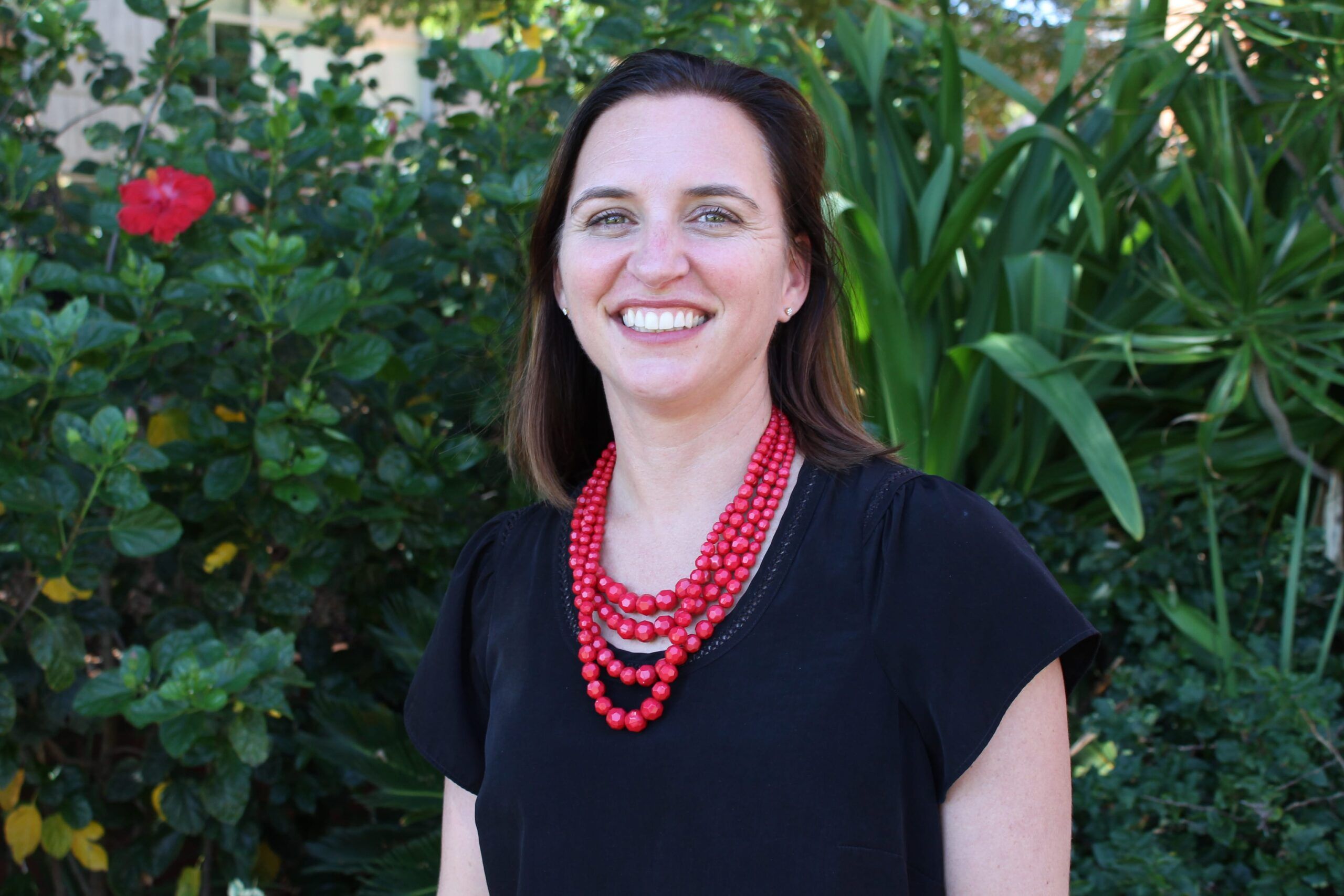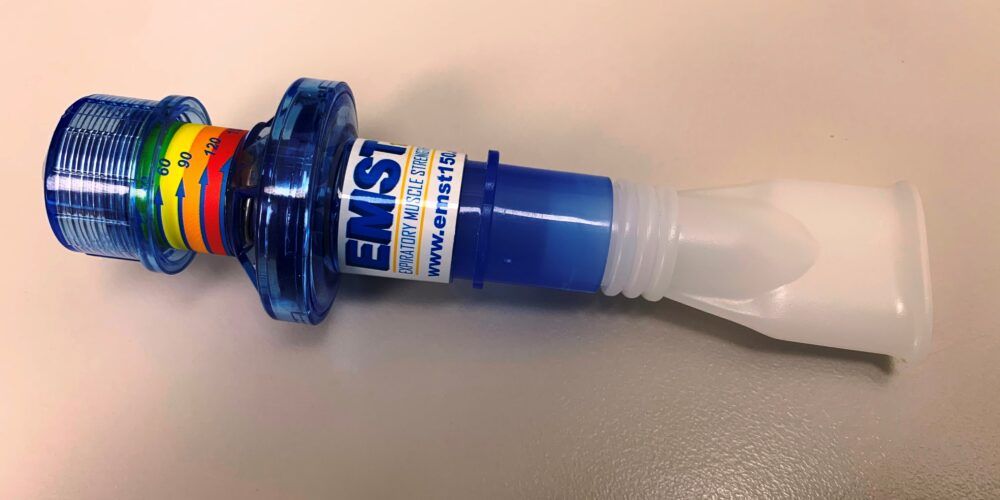One of the first symptoms of Parkinson’s is a tremor in your hand.
Author | Carmelle Wilkinson
Have you ever experienced a slight tremor in your finger, thumb, hand or chin?
Shaking can be normal side effect of exercise, low sugar, injury, stress or medication – but in some cases it can also indicate an early sign of Parkinson’s.
Twenty years ago, Donald Main noticed a slight “jerk” of his hand which prompted him to seek medical advice.
While very small and barely noticeable to others, the little tremor was a nagging reminder that something wasn’t right.
Following medical investigation, Donald was diagnosed with Parkinson’s at 67 years of age.
Newly retired, labourer Donald had been looking forward to years of pottering about his garden in Wilson.
“The diagnosis came as a shock. I wasn’t expecting that. I guess you could say it slowed me down,’’ he said.
“I was a sheet metal worker for many years working in a factory, so I used my hands a lot.
“It’s been a slow progress since I was first diagnosed, but over the years I have noticed difficulty with walking, and I also struggle with speech.”

Donald Main in his garden at home.
It’s this difficulty in speaking that prompts his daughter and full-time carer Darlene Main to take over the interview for him.
“Dad finds it hard speaking for too long now. But the hardest thing to see is when he is experiencing what we call a freeze. Where he’ll be slowly walking in one direction, and if he wants to change direction his body just stops and thinks about it for a few seconds before moving,’’ she said.
“Even though Parkinson’s has slowed Dad down, it hasn’t dampened his spirits. Dad is still his old chirpy self and likes to get out in the garden any chance he gets.
“While he doesn’t move around as much as he used to do, he does enjoy taking slow walks down the street using his walking frame and he enjoys helping me cook.”
A recent fall at his property in Wilson saw Donald receive medical attention for grazes to his arm.
“That’s what worries me the most. Dad’s balance and coordination isn’t as good as it used to be,’’ she said.
Donald is one of 80,000 people in Australia living with Parkinson’s disease, with one in five being diagnosed before the age of 50.
It’s the second most common neurodegenerative condition in Australia after dementia and causes shaking in the hands, arms, legs and jaw, stiffening limbs, slowed movement and impaired balance and coordination.
As the disease progresses, people may experience difficulty walking and talking, mental and behavioural changes, sleep problems, depression, memory difficulties, and fatigue.

Another common and vexing symptom in people with Parkinson’s and other neurological disorders such as multiple sclerosis, cerebral palsy and stroke is drooling.
Affecting up to 74% of people who have Parkinson’s it has been ranked as one of the most bothersome symptoms, causing social withdrawal.
Donald recently participated in a pilot study run by Curtin Senior Lecturer and Parkinson’s researcher Dr Naomi Cocks to control excessive drooling.
Funded by Parkinson’s WA and trialled in conjunction with ParkC and Royal Perth Bentley Group, behavioural treatment known as Expiratory Muscle Strength Training (EMST) was used to strength the muscles used for swallowing and coughing.
“Imagine not wanting to leave your house because of fear you would drool. That’s the choice many people with Parkinson’s disease confront every day. Drooling can lead to a number of problems including social isolation, ‘’ she said.
“The misconception is that excessive saliva causes drooling, when in actual fact those with Parkinson’s don’t produce more saliva, they just don’t have a great swallow, and this is due to weakened muscles and decreased lip closure.
“While treatment to stop production of saliva, such as botox injections, have been effective for some people, in others it actually causes more problems such as dry mouth, making it even harder to talk or swallow.”

Curtin Senior Lecturer and Parkinson’s researcher, Dr Naomi Cocks.
Saliva is essential to keeping our mouth clean. Naomi said dry mouth can also lead to the build-up of bacteria, which could lead to pneumonia if the person has an impaired swallow and the bacteria goes into the lungs.
Following consultation with people with Parkinson’s, and health professionals who work with in the field, Naomi discovered the need for greater research on alternative treatment options for drooling.
“There is a growing body of research which has found that expiratory muscle strength training improves cough and swallow in people with Parkinson’s so we were excited to trial this,’’ she said.
Naomi’s recent study involved 16 participants with Parkinson’s undertaking expiratory muscle strength training exercises multiple times a day.
Training consisted of two sessions a week with a speech pathologist and three sessions on their own at home.
First developed for high school band students to increase exhalation strength EMST is a bit like blowing into a large straw but instead of the breath passing freely through the straw, the air encounters resistance which helps strengthen the target muscles.

Expiratory Muscle Strength Training (EMST) apparatus is used to strengthen muscles for swallowing and coughing.
“Much like a gym workout they were asked to repeat this exercise five times a week, several times a day for a period of six to eight weeks,’’ Naomi said.
“After training, we measured their swallowing ability, cough strength and drooling and we found they had all improved significantly. “This is an important treatment for people with Parkinson’s, as a weak cough and impaired swallowing places them at increased risk of aspiration pneumonia and choking.”
Following high patient satisfaction and no adverse side effects, Naomi is now looking to widen her research to encompass a larger study group.
“We are now seeking funding in order to explore this treatment’s efficacy with a greater number of participants in a randomised control trial,’’ she said.
“We hope our research will help people with Parkinson’s feel more comfortable with leaving their homes and, in doing so, improve their quality of life. Our aim is to recruit 70 people with Parkinson’s over a three-year period.”
Donald said the trial had made a huge impact on his quality of life and he continued to use EMST several times a week.
“I don’t get out much these days, but it definitely helped with the drooling. I don’t even notice it much anymore to be honest. It’s one less Parkinson’s symptom I have to worry about,’’ he said.
To find out more about Parkinson’s research and upcoming trials click here.
Author | Carmelle Wilkinson
___



